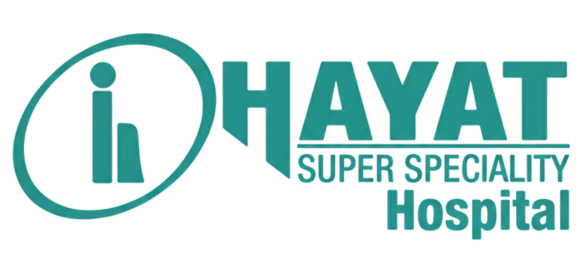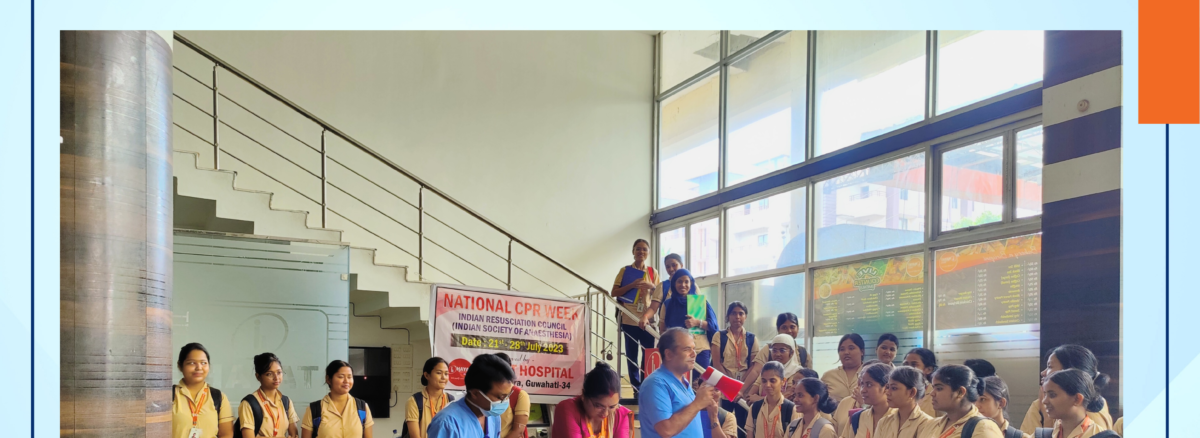In recognition of National CPR Week, Hayat Hospital took an essential step towards fostering a safer community. The hospital organized an enlightening CPR awareness program at its campus, aimed at educating the general public about the critical importance of CPR and equipping them with the correct techniques for life-saving interventions. This blog highlights the significance of CPR during emergencies, as well as the vital role played by expert healthcare professionals in sharing essential CPR knowledge and providing hands-on training to empower participants with life-saving skills.
The Lifesaving Impact of CPR CPR, or Cardiopulmonary Resuscitation, holds the potential to be a game-changer during medical emergencies, offering someone a second chance at life. When a cardiac event strikes, knowing how to respond promptly and effectively can be the ultimate act of kindness and heroism. Understanding the correct CPR techniques can significantly increase the chances of survival, making it an invaluable skill for anyone to possess.
National CPR Week – Raising Awareness National CPR Week serves as an important reminder of the significance of CPR in saving lives. It is an opportunity to join hands and raise awareness about this life-saving technique, with the goal of equipping individuals with the knowledge and confidence to respond to cardiac emergencies promptly. By coming together during this week, we can make a meaningful impact in building a community of confident and skilled first responders.
Hayat Hospital’s CPR Awareness Program Hayat Hospital has always been committed to improving community health and well-being. The CPR awareness program organized on its campus during National CPR Week reflects this dedication. Expert healthcare professionals, including the hospital’s best cardiologists and emergency care specialists, played a pivotal role in sharing essential CPR knowledge with participants.
Equipping Participants with Life-Saving Skills The CPR awareness program provided a platform for hands-on training, enabling participants to practice CPR techniques under expert guidance. This hands-on experience equipped attendees with the confidence to act swiftly and decisively during critical situations. By empowering individuals with life-saving skills, Hayat Hospital aimed to create a safety net of informed and capable responders within the community.
Conclusion: Hayat Hospital’s CPR awareness program during National CPR Week stood as a testament to its commitment to building a safer community. By educating the public about CPR’s critical importance and providing hands-on training, the hospital took significant steps towards equipping individuals with life-saving skills. Together, let us recognize the vital role of CPR and the heroism in responding promptly during emergencies. Through awareness, education, and empowerment, we can make a real difference in saving lives within our community.

